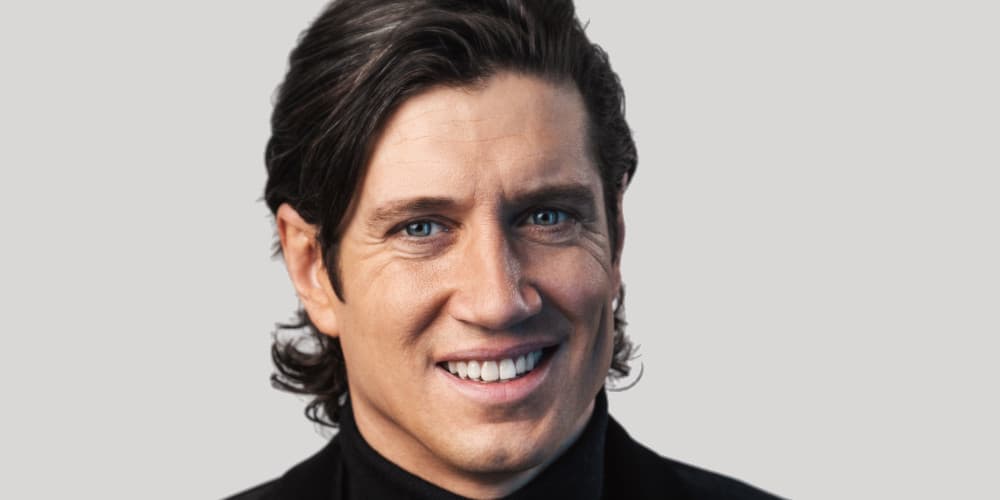Why radio presenters still rule the airwaves in the digital age

Podcasts are flooding our feeds while social media influences compete for every scroll, but there is something remarkably enduring about tuning into your favourite radio presenter.
Whether it’s Scott Mills getting listeners giggling on their morning commute or Vernon Kay spinning nostalgic records, radio voices continue to forge connections that digital platforms struggle to replicate.
RAJAR’s latest data proves there’s a real reason for commercial radio’s enduring success. Even with some listeners leaving Radio 2 after presenters changed, Vernon Kay’s show in the middle of the morning is still the country’s most loved programme with 6.73 million listeners every week. Although programs end at breakfast time on the radio, its connection to the country still surprises those who prefer online data.
Radio presenters do more than pick music and report the news—they create a close bond with their audience. Sharing their stories or just chatting helps make me feel like I am with a true friend. Being able to build trust has turned out to be very useful in industries like iGaming, where being trusted matters the most. Authoritative radio voices inspire confidence in people which helps them feel at ease when making choices about a mortgage and interpreting gambling promotions. In the competitive UK casino market, having casino bonus types explained by a familiar, trusted presenter can transform confusing terms and conditions into clear, actionable information.
This trust-building power extends far beyond entertainment. When Heart Breakfast’s Jamie Theakston and Amanda Holden recommend a product, their 4.3 million weekly listeners don’t just hear an advertisement—they hear advice from familiar voices they’ve welcomed into their daily routines. The same mechanism that makes listeners trust their morning presenter’s restaurant recommendation also makes them believe their guidance on financial services or holidays.
Despite their massive reach, social media platforms often fail to replicate this depth of connection. Instagram posts and TikTok videos can generate millions of views, but they rarely create the sustained relationship that develops between a radio presenter and their audience. A radio presenter’s voice becomes part of listeners’ daily fabric, accompanying them through commutes, household chores, and quiet work moments.
The numbers support this emotional investment. Magic’s breakfast show maintains 862,000 loyal listeners, whilst Capital Breakfast has grown to 2.9 million since Jordan North, Chris Stark, and Siân Welby took over. Statistically speaking, many listeners do choose radio and the personal relationships they build with the presenters they listen to feel real to them, although they may never meet in real life.
Radio’s unique position lies in its ability to multitask alongside listeners’ lives whilst maintaining engagement. Unlike video content that demands visual attention or written content requiring active reading, radio presenters can accompany listeners throughout their day, creating ongoing dialogue that feels both personal and communal. This accessibility, combined with human warmth that only live broadcasting provides, ensures radio voices remain irreplaceable in our digital world.

